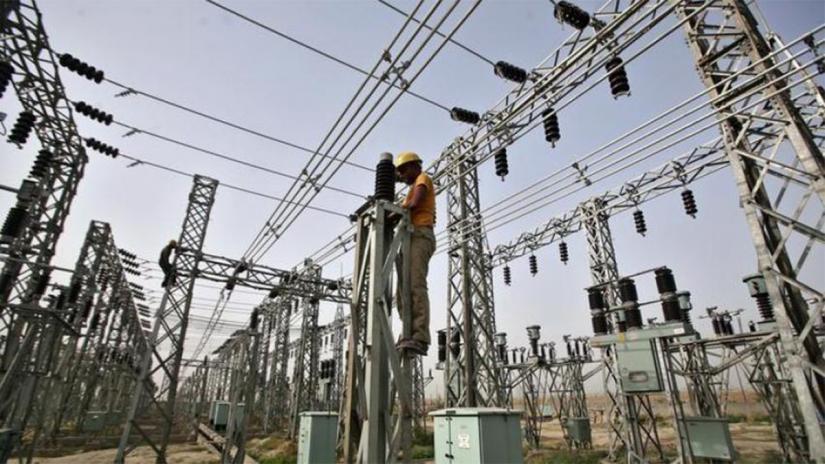 The Power sector is facing a crisis emanating from excess investment; the country has the capacity to meet growing domestic demands till 2022. Many plants are different stages of completion, some expected to come into operation at the end of the current year or early next year.
The Power sector is facing a crisis emanating from excess investment; the country has the capacity to meet growing domestic demands till 2022. Many plants are different stages of completion, some expected to come into operation at the end of the current year or early next year.
Official source say that the total power production capacity of plants connected to the national grid is 19057 megawatts. The Power Grid Company of Bangladesh, PGCB, says that present demand in the evening is 12300 megawatt and during the day, 10400 megawatts are being supplied to the grid.
This means that during evening, 6757 megawatts remain unused. Even at the height of summer, 35 per cent power is not used. During winter, 65 per cent plants will stay out of production but whether a plant is operating or not, normal payments have to be made.
Specialists say that with excess investment locked up in the power sector, other sectors are deprived and yet payments for ensuring additional capacity are being made.
For per kilowatt/hour, the charge is Tk. 2 on average when plants are running full time but at other times, it rises to Tk. 4 and then to Tk. 8.
The country’s fuel-based power plants produce 6693 megawattS, of which 25.65 per cent is run by furnace oil. Diesel- run centres provide 11.57 % of supply which is 2205 megawatts.
Because of major expansions to ensure more power is generated, most units are fuel run plants with eight more under construction.
In the next nine months, another 1159 megawattd of power will be added to the national grid.
An official of the Energy Regulatory Commission, said: “When 40 per cent and 65 per cent of plants are closed during summer and winter respectively, it’s puzzling as to why more investment in needed.”
Energy specialist, Dr. Ijaj Hossain, adds: “This is bad planning. It was envisaged that power demand will rise but that did not happen; the fuel based plants were brought into operation during a time of crisis and now they need to be stopped, otherwise huge amount of capacity charge will have to be paid.”
However, state minister for power, energy and resources, Nasrul Hamid Bipu, said: “those who invested in power took into consideration the pros and cons and had a feasibility study beforehand.”
Our yearly growth is 12 per cent which may rise to 20 per cent; in the next two years, smaller plants will shut down and then we will need the bigger plants, he added.
 Business
Business
41429 hour(s) 20 minute(s) ago ;
Midnight 12:14 ; Wednesday ; Jul 09, 2025
Excess investment puts power sector in a pickle
Send
Shanchita Shitu
Published : 07:30, Sep 30, 2019 | Updated : 07:30, Sep 30, 2019
Published : 07:30, Sep 30, 2019 | Updated : 07:30, Sep 30, 2019
0 ...0 ...
/tf/ab/
Topics: Top StoriesExclusive
- KOICA donates medical supplies to BSMMU
- 5 more flights to take back British nationals to London
- Covid19: Rajarbagh, Mohammadpur worst affected
- Momen joins UN solidarity song over COVID-19 combat
- Covid-19: OIC to hold special meeting
- WFP begins food distribution in Cox’s Bazar
- WFP begins food distribution in Cox’s Bazar
- 290 return home to Australia
- Third charter flight for US citizens to return home
- Dhaka proposes to postpone D8 Summit
Unauthorized use of news, image, information, etc published by Bangla Tribune is punishable by copyright law. Appropriate legal steps will be taken by the management against any person or body that infringes those laws.
Bangla Tribune is one of the most revered online newspapers in Bangladesh, due to its reputation of neutral coverage and incisive analysis.
F R Tower, 8/C Panthapath, Shukrabad, Dhaka-1207 | Phone: 58151324; 58151326, Fax: 58151329 | Mob: 01730794527, 01730794528






